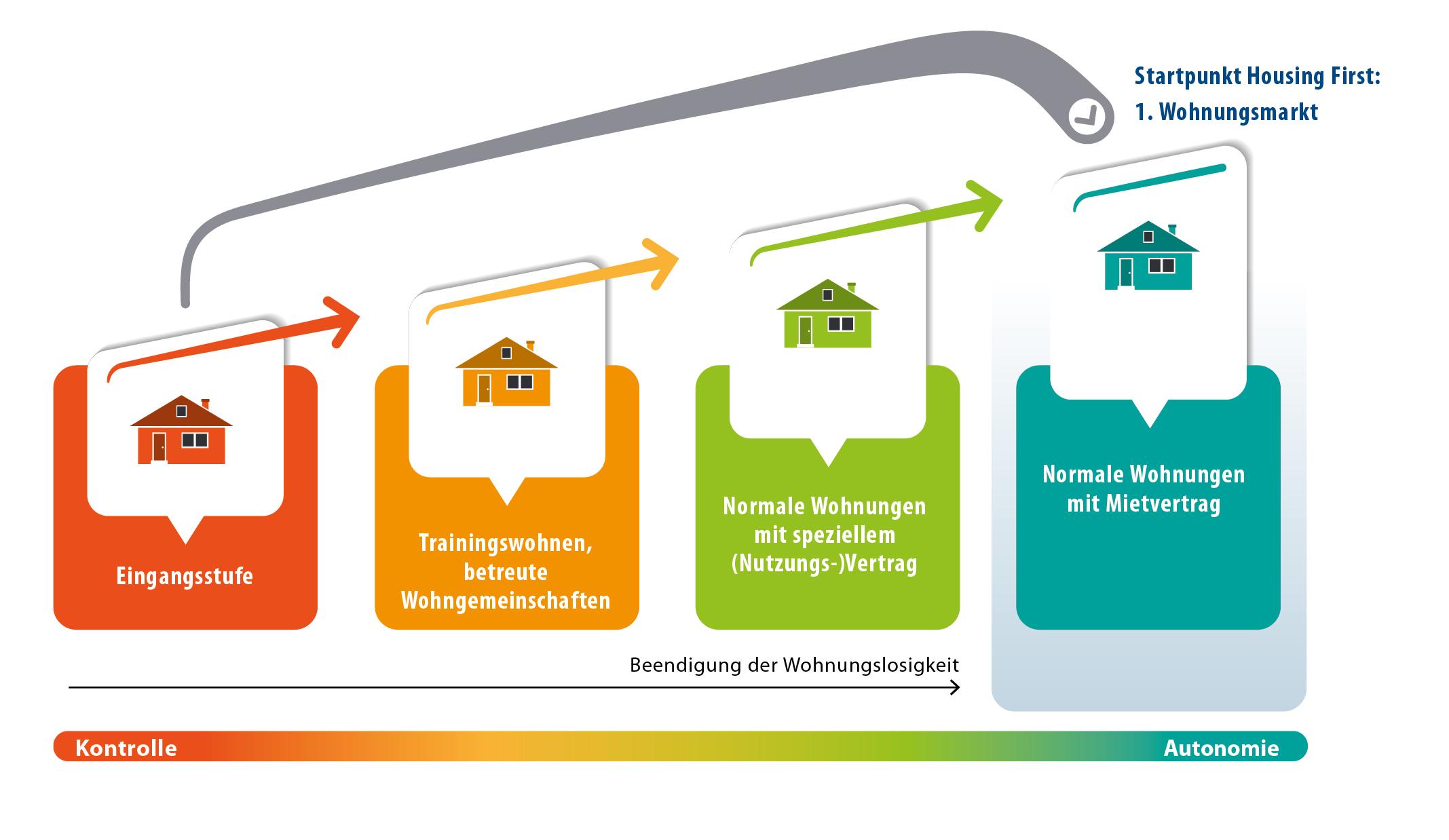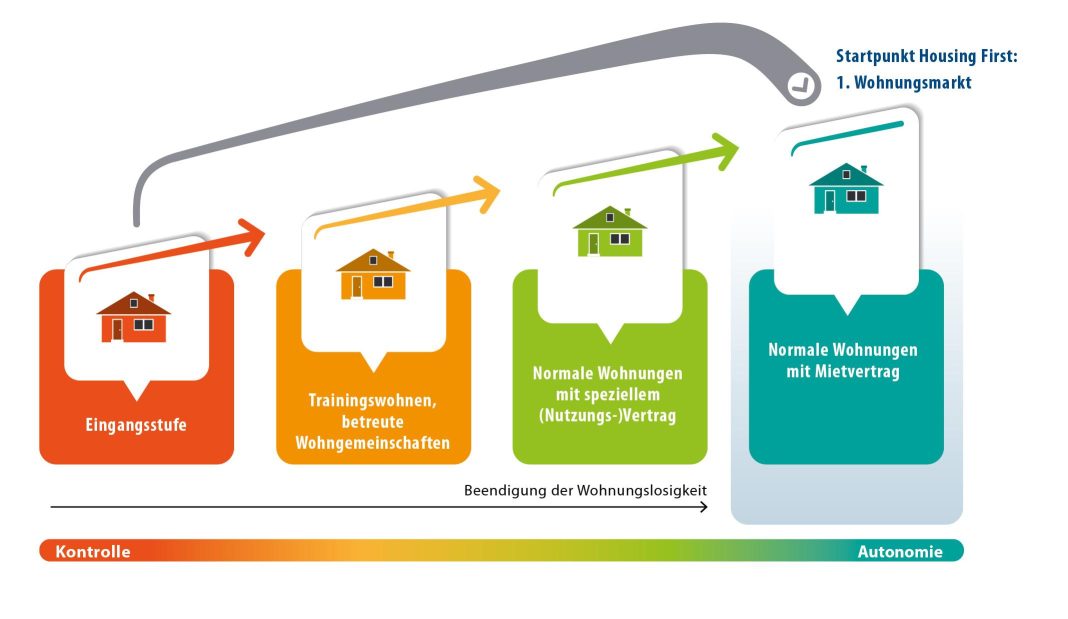
Victoria’s government is taking steps to address the housing crisis by proposing a 7.5 percent levy on short-stay accommodation bookings, including those made through platforms like Airbnb and Stayz. The Short Stay Levy Bill 2024 is set to be debated in the Victorian Parliament and, if passed, will go into effect on January 1, 2025.
According to the Allan Labor government, short-stay rentals reduce the number of properties available for long-term accommodation, particularly for families in need. The government claims that there are approximately 63,000 short-stay accommodation places in Victoria, with nearly half of them located in regional Victoria. Around 50,000 of these places are entire homes that are not available for long-term rental.
The government expects the levy to raise approximately $60 million per year, with all revenue going to Homes Victoria to support the building and maintenance of social and affordable housing. Twenty-five percent of the funds will be invested in regional Victoria. Treasurer Tim Pallas emphasizes that this is an important step towards making more properties available for long-term rental and that the government has consulted with the sector to strike the right balance.
However, homeowners leasing out all or part of their principal place of residence for a short stay will be exempt from the levy. The government clarified that the levy does not apply when a homeowner goes on holiday and someone else temporarily stays in their home.
The legislation also grants owners’ corporations the power to ban short stays in their developments if 75 percent of owners approve. Additionally, changes to the planning system will enable local councils to regulate short-stay accommodation.
In response to the proposed reform, Airbnb Australia and New Zealand’s head of Public Policy, Michael Crosby, expressed concern over the 7.5 percent levy, deeming it too high. He believes that such a high levy will deter tourists from visiting areas that lack traditional accommodation and will burden families who are already facing cost of living pressures. Crosby argues that Airbnb has long advocated for a small levy, paid by the guest at the time of booking, to contribute to affordable housing and address the need for more housing.
Despite their disagreement on the levy percentage, Crosby supports the introduction of statewide frameworks rather than a council-by-council approach to regulate the short-stay accommodation sector. He believes that the Victorian government is best positioned to manage the sector and prevent inconsistencies among different local government areas.
Minister for Housing Harriet Shing sees the short-stay levy as a means to support the delivery of more social housing and encourage property owners to make their properties available for permanent rental accommodation throughout the state. The legislation exempts commercial accommodations like hotels, motels, and caravan parks, and the levy will only apply to stays of less than 28 days.
To ensure a smooth transition, the government plans to implement transitional arrangements, and the levy will not apply to bookings made before January 1, 2025.


